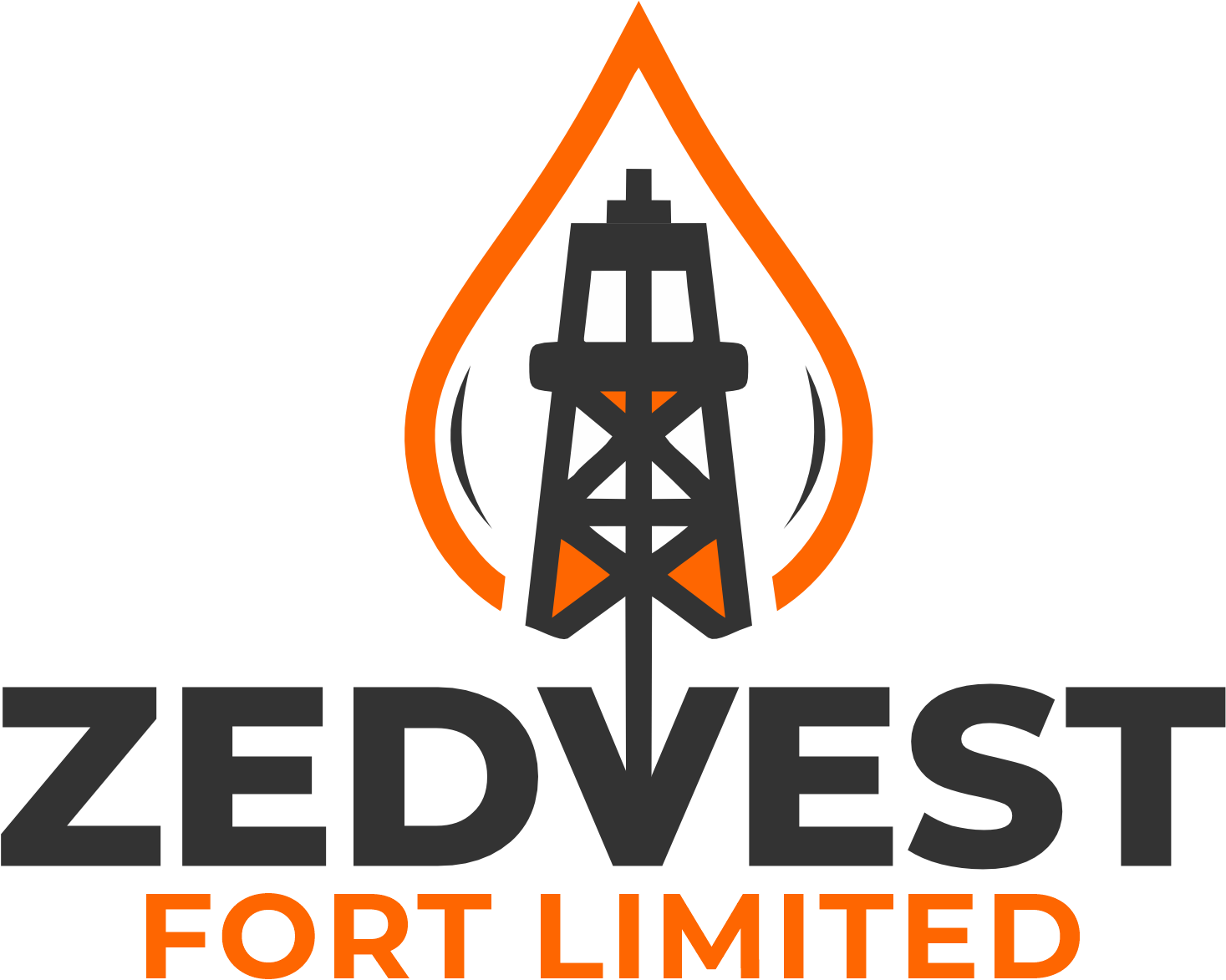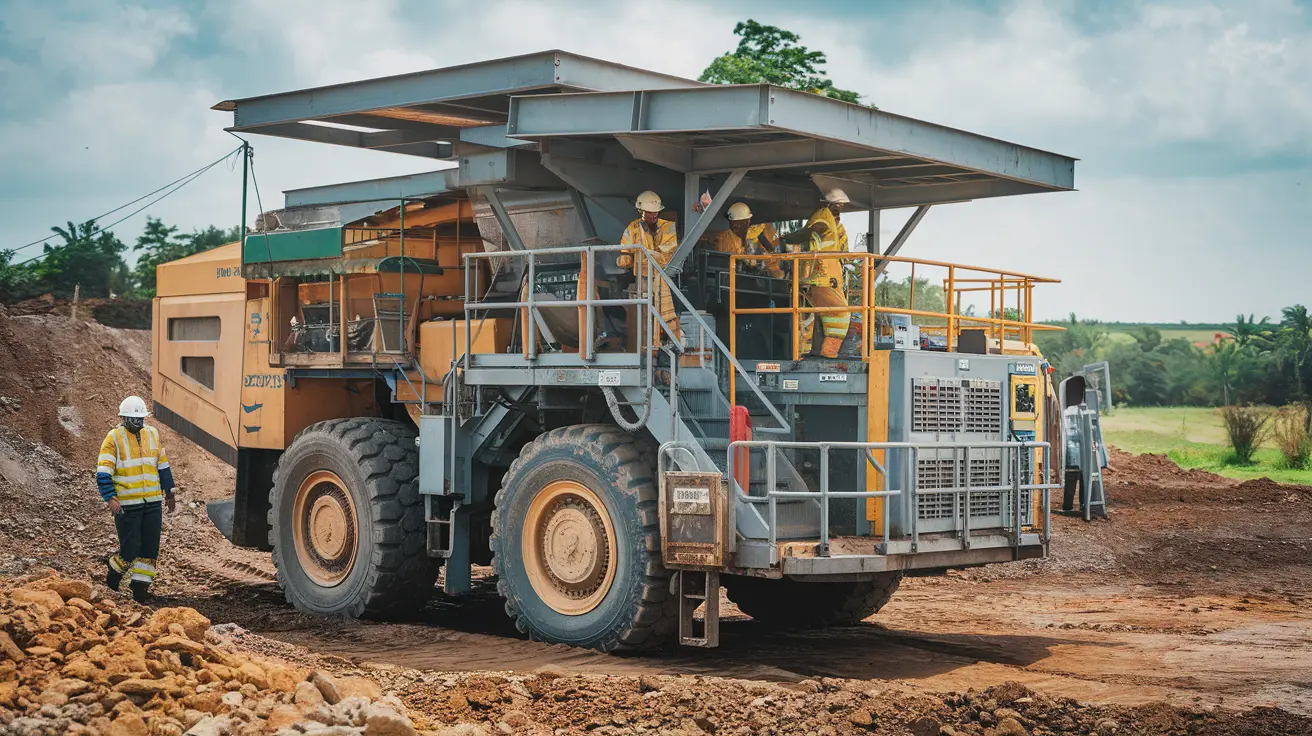Environmental Compliance in Nigerian Mining: Navigating Regulatory Challenges and Sustainable Practices
Hey there! Let me tell you something wild – the Nigerian mining sector is sitting on a goldmine of potential, but environmental compliance could make or break the entire industry. I’ve been tracking this sector for years, and trust me, the stakes are incredibly high.
Billions of naira are lost annually due to environmental mismanagement and regulatory violations. But here’s the thing: it doesn’t have to be this way. Environmental compliance isn’t just a bureaucratic checkbox; it’s a critical pathway to sustainable development and economic resilience.
Did you know that Nigeria’s mineral resources contribute less than 1% to its GDP, largely because of environmental and regulatory challenges? That statistic alone should wake up every mining executive and environmental professional in the country!
Understanding Nigeria’s Environmental Regulatory Landscape
Mining in Nigeria isn’t for the faint-hearted. The regulatory landscape is complex, with multiple agencies watching your every move. Let me break down what I’ve learned through years of navigating these waters.
The key players? The Federal Ministry of Environment, the National Environmental Standards and Regulations Enforcement Agency (NESREA), and the Mining Cadastral Office. These aren’t just acronyms – they’re the gatekeepers of responsible mining.
Regulatory compliance means understanding a web of laws: the Environmental Impact Assessment Act, Mineral and Mining Act, and various state-level environmental protection regulations. One wrong move, and you’re looking at hefty fines or, worse, having your mining license revoked.
Pro tip I’ve learned: documentation is your best friend. Keep meticulous records of every environmental assessment, every waste management strategy, and every rehabilitation plan. Trust me, when regulators come knocking, comprehensive documentation can save your entire operation.
Environmental Impact Assessment Requirements
Listen up, because this is where most mining companies shoot themselves in the foot. Environmental Impact Assessments (EIAs) aren’t just paperwork – they’re your roadmap to responsible mining.
In Nigeria, an EIA is mandatory before any mining project kicks off. And I’m not talking about a quick checklist. We’re discussing comprehensive analyses that evaluate potential environmental, social, and health impacts. I’ve seen projects get shut down because of half-baked assessments.
The process involves multiple stages: screening, scoping, impact analysis, mitigation planning, and public consultation. Each stage requires technical expertise and genuine commitment to environmental stewardship.
A buddy of mine once told me, “Documentation is where most companies fail.” He was right. Your EIA needs to be more than just compliance – it needs to demonstrate a genuine understanding of local ecological systems and potential disruptions.
Sustainable Mining Practices
Sustainable mining isn’t a luxury; it’s a necessity. In Nigeria’s diverse ecosystems, generic global practices simply won’t cut it. You need localized, context-specific strategies.
Waste management? It’s not just about disposal. It’s about transformation. I’ve seen innovative projects turning mining waste into construction materials and agricultural amendments. That’s the kind of thinking that turns environmental challenges into opportunities.
Water conservation is critical. Many Nigerian mining regions face significant water stress. Implementing closed-loop water management systems, treating and recycling process water, and minimizing groundwater extraction aren’t just good practices – they’re survival strategies.
Soil rehabilitation isn’t something you do after mining; it’s integrated into your entire operational strategy. I’ve witnessed mining sites transformed back into productive agricultural land through strategic reclamation techniques.
Legal and Financial Implications of Non-Compliance
Let me be brutally honest: non-compliance is a financial suicide mission in Nigerian mining. The penalties aren’t just monetary – they can obliterate your entire business reputation.
Fines can range from millions to billions of naira. But money is just the start. License suspensions, legal battles, and permanent blacklisting are real risks. I’ve seen international mining companies get completely shut out of Nigerian markets because of environmental violations.
Reputation damage in the mining sector spreads faster than wildfire. One environmental mishap can make investors run for the hills and local communities turn against your project permanently.
Technology and Innovation in Environmental Monitoring
Technology is revolutionizing environmental compliance, and Nigerian mining can’t afford to be left behind. Remote sensing, satellite imagery, and AI-powered monitoring systems are game-changers.
Imagine real-time tracking of environmental parameters, predictive impact assessments, and instantaneous compliance reporting. These aren’t futuristic dreams – they’re available technologies that can transform Nigerian mining’s environmental management.
Digital platforms now allow for transparent, verifiable environmental data collection. No more hiding behind bureaucratic smoke screens. Every cubic meter of displaced earth, every liter of water used, can be tracked and analyzed.
Conclusion
Environmental compliance in Nigerian mining isn’t just a regulatory requirement – it’s a strategic imperative. By embracing sustainable practices, leveraging technology, and committing to genuine ecological stewardship, mining companies can unlock unprecedented value.
Want to make a difference? Start by treating environmental compliance as a core business strategy, not a peripheral concern. The future of Nigerian mining depends on it.
Have experiences or insights about mining environmental compliance? Drop a comment below and let’s keep this crucial conversation going!

